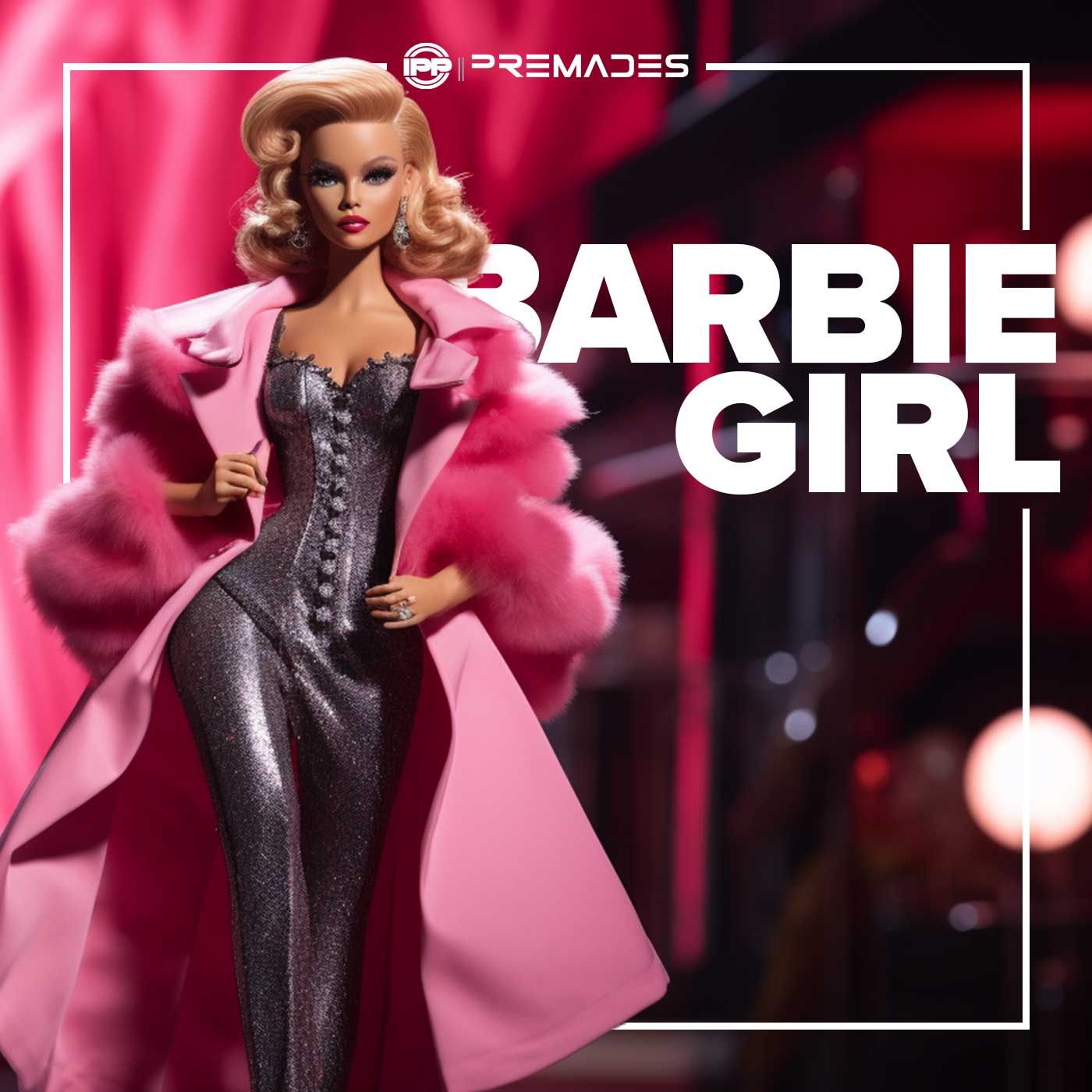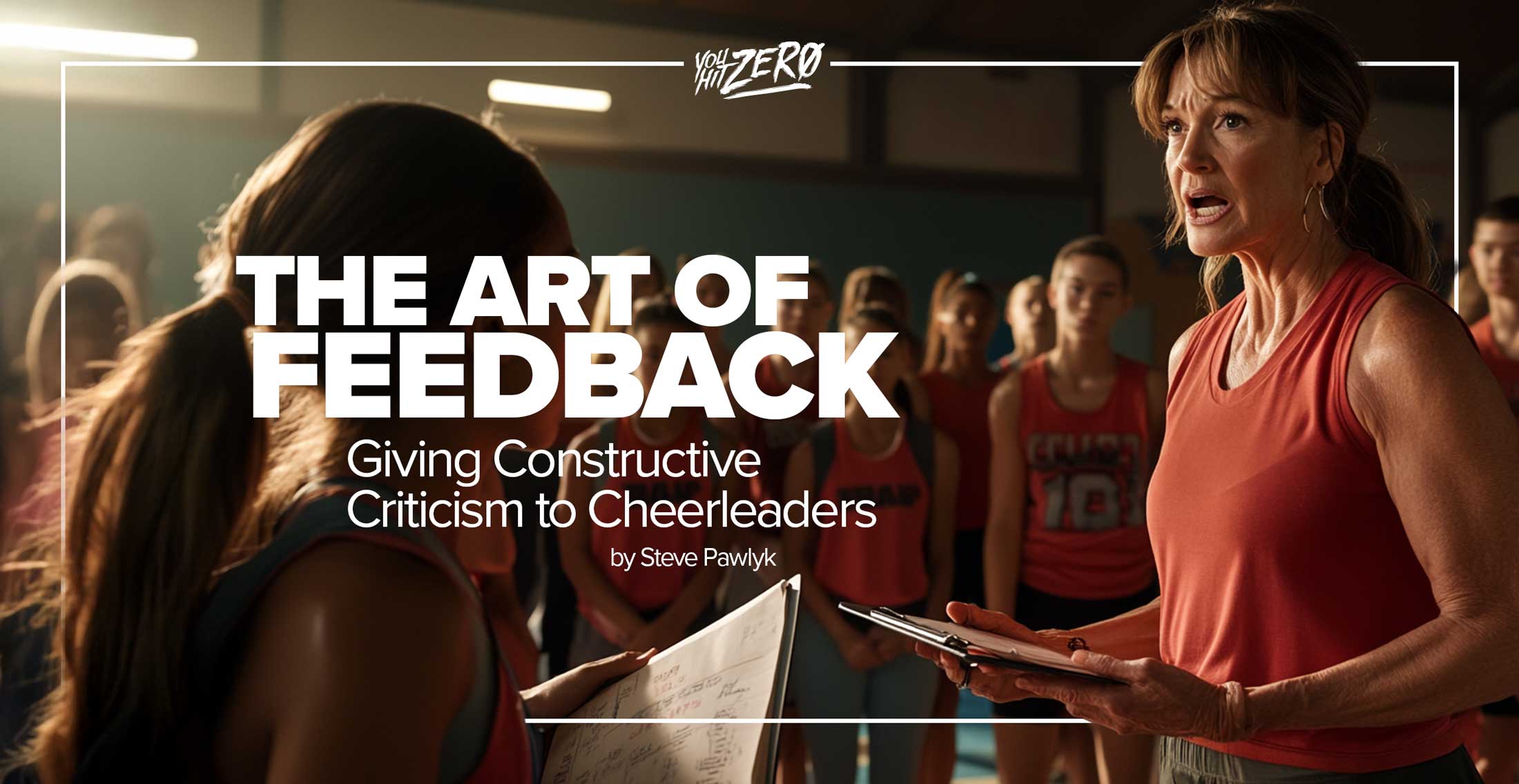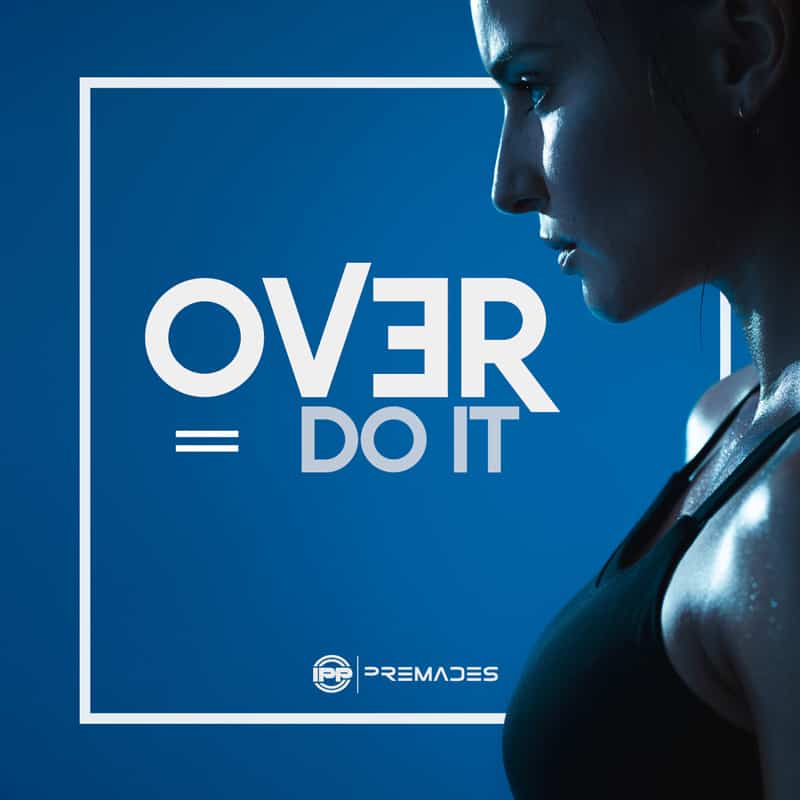By Steve Pawlyk
Published December 16, 2024
I gotta guess most of you already know that being a cheer coach isn’t just about teaching stunts and choreography—it’s also about helping your athletes grow as individuals and teammates. One of the most challenging yet vital aspects of coaching is giving constructive criticism. Delivered effectively, it can motivate athletes, build confidence, and improve performance. Poorly communicated feedback, however, can lead to frustration, low morale, and misunderstandings. In this article, we’ll explore strategies for giving constructive criticism that will elevate your team’s success while fostering a positive environment.
Why Constructive Criticism Matters in Cheerleading
Cheerleading is a high-pressure sport that demands precision, teamwork, and resilience. Athletes thrive when they understand what’s working well and what needs improvement. Constructive criticism allows you to:
- Address mistakes and refine skills.
- Encourage personal and team growth.
- Build trust between athletes and coaches.
- Keep practices focused and efficient.
The goal is to make feedback a tool for improvement, not a source of discouragement.
1. Set the Stage for Feedback
Before delivering any critique, it’s essential to create a culture where feedback is viewed as a positive part of the learning process. Here’s how:
- Establish a Feedback Routine: Let your team know that feedback is a regular part of practice and performance reviews. Normalize it as a way to improve, not punish.
- Focus on Effort, Not Perfection: Make it clear that mistakes are an opportunity for learning and growth. Highlight effort and progress over immediate success.
- Encourage Open Communication: Build trust by inviting athletes to ask questions or share concerns. When athletes feel heard, they’re more receptive to feedback.
2. Balance Praise and Critique
Constructive criticism works best when it’s balanced with positive reinforcement. A simple formula to follow is the “Sandwich Method”:
- Start with a Positive: Begin with something the athlete is doing well. For example, “Your timing in the last stunt was perfect—great job staying sharp.”
- Address the Issue: Move to the critique in a way that’s specific and actionable. Avoid general comments like “You need to work harder.” Instead, say, “When you lift your leg in the scorpion, focus on locking your knee to improve your line.”
- End on a High Note: Finish with encouragement or optimism. For instance, “You’ve made so much progress this season, and I know you’ll nail this with practice.”
3. Be Specific and Actionable
Vague feedback can confuse athletes and leave them unsure of how to improve. To avoid this, make your feedback:
- Clear: “Your toe touch needs work” is less helpful than, “Focus on snapping your legs together faster and pointing your toes.”
- Actionable: Provide steps for improvement. For example, “Practice your jumps with ankle weights to build strength and improve height.”
- Relevant: Tailor your feedback to the athlete’s role or skill level. A base, flyer, or spotter will each need different kinds of guidance.
4. Deliver Feedback in the Right Moment
Timing is everything when it comes to criticism. Consider these guidelines:
- In Practice: Give immediate feedback for skill corrections, but keep it concise to maintain the flow of practice.
- After Performances: Review routines during post-performance meetings. Allow the team to celebrate successes before diving into critiques.
- Privately for Sensitive Issues: If the feedback is personal or might embarrass the athlete, pull them aside for a one-on-one discussion.
5. Use Visual and Hands-On Examples
Many cheerleaders are visual or kinesthetic learners, so pairing verbal feedback with demonstrations or physical adjustments can be highly effective. For example:
- Demonstrations: Show athletes the correct way to perform a motion or stunt.
- Video Reviews: Record routines and review them as a team, pointing out both strengths and areas for improvement.
- Hands-On Corrections: Safely guide an athlete’s body into the correct position if appropriate.
6. Empower Athletes to Self-Correct
One of the best ways to instill long-term improvement is to encourage self-awareness. Teach athletes to evaluate their own performance by asking questions like:
- “What do you think went well in that stunt?”
- “What could you have done differently?”
- “How did the timing feel for you?”
By guiding athletes to assess their own performance, you create independent thinkers who take ownership of their improvement.
7. Foster a Growth Mindset
A growth mindset is key to turning criticism into motivation. Reinforce the idea that improvement comes through effort and persistence. Share examples of team members who overcame challenges through hard work or show videos of professional teams that emphasize perseverance.
8. Follow Up and Track Progress
Feedback doesn’t end with critique. Be sure to:
- Check In: Revisit the skill or behavior you addressed to see if progress has been made.
- Acknowledge Improvement: Celebrate when athletes apply your feedback successfully.
• • Adjust as Needed: If an athlete isn’t improving, revisit your critique and offer new strategies.
Constructive criticism is a powerful tool that can help cheerleaders improve their skills, build confidence, and strengthen their commitment to the team. By creating a culture of feedback, balancing praise and critique, and delivering actionable advice, you can foster an environment where athletes thrive both on and off the mat.
Mastering the art of feedback is an ongoing process, but with patience and practice, you can turn every critique into a stepping stone for success. Start implementing these tips today, and watch your team soar to new heights.
IPP's Premade Mixes are USA Cheer Compliant and customizable! Add Sound FX, swap songs, & more! Add your Team Name to the mix for only $10!









